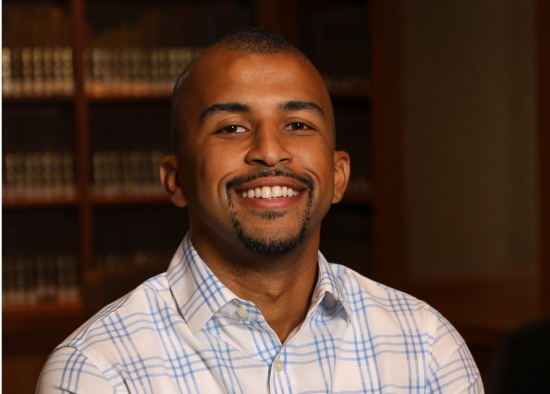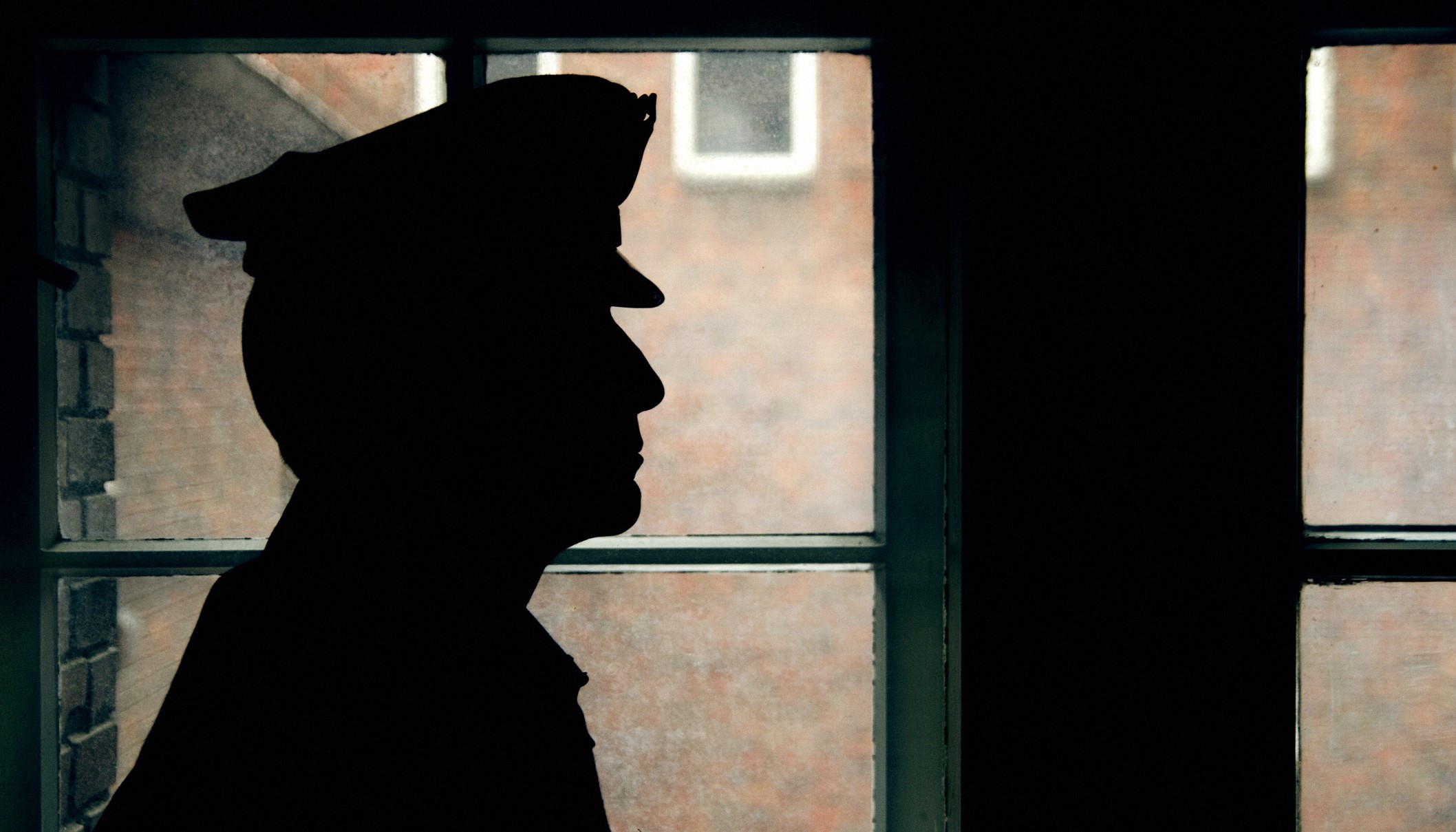
In 2016, the Massachusetts Department of Correction had a crisis on its hands — and it had nothing to do with its inmates. Instead, data showed unusually high suicide rates among its staff. Twenty correctional officers (COs) had died by suicide in the previous five years. The Department sought answers from two Boston sociologists.
Monteiro and his colleague, Northeastern University professor Natasha Frost, had worked in Massachusetts prisons before. Like most researchers in their field their efforts were focused on incarcerated people: What personal and systemic factors lead to imprisonment, how do people fare inside the prison system, and what happens once they reenter society. Little attention is paid to the guards who work alongside inmates day and night. In fact, Monteiro initially was hesitant to work with them at all.
“They were not very welcoming to me, and I never understood why,” he says. “Once we started to look deeper I began to realize the serious issues they’re facing and that they feel their experience is essentially overlooked.”
Life in prison
The harmful effects of institutionalization are well known and often studied, says Monteiro. But researchers typically fail to see the detrimental impact on COs working in those same conditions for large portions of their lives.
Frost convinced Monteiro to join her in a multiyear study to help the Department of Correction better understand the profession’s challenges and identify possible solutions. The researchers pored over police reports and interviewed relatives and friends of the officers who were classified as having died by suicide between 2010-2015, a group that spanned ranks and ages from new recruits in their early 20s to senior officers in their 60s. They also talked with current officers to gain insight into the family and work life factors that may lead to crisis level distress and even suicide among COs. The same themes emerged again and again.

“Just treat officers as people, as human beings. It is important to talk to people and ask them how they’re doing – management doesn’t talk to staff unless they’re yelling, berating, or disciplining.”
Long, stressful shifts take a physical and emotional toll, leading to a host of personal problems, from divorce to substance dependency and chronic health conditions. Officers exhibit high levels of post-traumatic stress, depression and anxiety. Widespread negative perceptions of COs among the public and in the media, along with the forced overtime and staffing shortages brought by the pandemic, add to the strain.
The researchers learned that not only were these issues pervasive, but that the staggering official suicide numbers among COs were likely an undercount. “The official reports only included deaths of active and retired Mass. DOC officers that were ruled as suicides,” Monteiro explains. That number did not include counts of officers in county-level facilities. Their interviews also turned up details of other former officers who’d died by suicide, and those whose overdoses, for example, had been classified as accidents.

Lifelines
In airplane emergency instructions caregivers are taught to put on their own oxygen masks first before they can help others. It’s the same with COs — when their needs are being met, they are in a better position to help the incarcerated people in their care. When they struggle, so does the system.
Monteiro notes the critical role COs play in rehabilitating incarcerated people. They get to know each inmate, and are often in the best position to flag changes in behavior and personality and direct resources to help those in need of counseling or other services.
There are positives the Department can build on if they want to change the culture. COs Monteiro and Frost interviewed described mentoring relationships within the profession. And many take pride in their ability to communicate well with incarcerated people and de-escalate tense situations, essential skills for officers who don’t carry guns inside the prisons and can be outnumbered by 60:1 on a typical shift.
Changes like adopting the rotating schedules used by other 24/7 professions such as nursing and policing could make a world of difference to the officers, especially early in their careers.
Currently, schedules are determined by seniority, with the newest officers working every weekend. “They end up having some days off, but they are usually during the week, so those officers miss out on time with family and friends,” says Monteiro. When those ties are weakened it can be difficult to rebuild them, damaging the officers’ support networks.
“I think it would help morale and staff to have a rotating schedule. Let the young guys off at least a weekend a month. It can wreck relationships, this schedule. Give the young [officers] a week off in the summer if they could figure out a way to do it.”
Preventing issues from developing — and having an early warning system when they do — could help COs maintain better overall health and resiliency throughout their lives.
Breaking the cycle
“One of our questions when we began this work was whether or not troubled people were self-selecting into this profession or whether there is something about the job that triggers these problems,” says Monteiro.
More than half a decade of work with COs has convinced him that there are destructive institutional and cultural issues at play. A new study will allow Frost and Monteiro to test that theory by following new recruits through their first years on the job to see if, how, and when working conditions affect their wellbeing. “The goal is to enhance our ability to identify risk factors and develop potential early interventions,” he says.
Through his work, Monteiro is also dedicated to breaking down the stereotype of the violent, sadistic prison guard portrayed on television.
“These are people who have families and are part of their communities. The majority of officers we work with have shown us that the image of the corrupt CO in shows like ‘Orange is the New Black’ couldn't be further from the truth.”
“The stigma has to go away because it’s a real thing—you can’t always be rough and tough. Have a little more care and compassion towards one another. You don’t have to like the people you work with, but you have to respect them and respect that we’re all doing the same job. We all want to go home.”
Contact
Greg Gatlin
Office of Public Affairs
617-573-8428
Andrea Grant
Office of Public Affairs
617-573-8410



